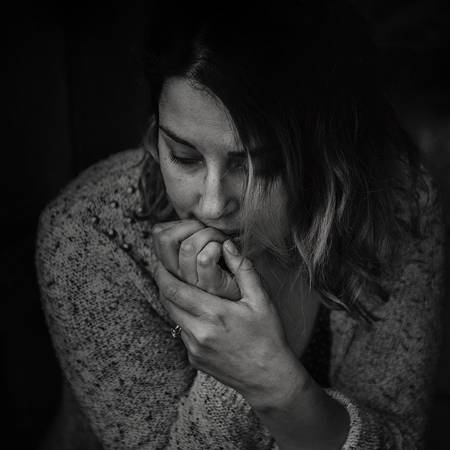COVID-19: What's A High Risk Utah College Student To Do?

This blog post is a snapshot in time: All colleges and universities recognize that the COVID-19 situation may change, and their plans may change with it.
According to the Centers for Disease Control and Prevention, older adults and people with certain underlying medical conditions are at higher risk of having serious complications from COVID-19. (Are You At Higher Risk for Covid-19? From University of Utah Health gives a good overview of risk factors.) If that is you, keep reading for information on how to protect yourself, how universities in Utah are re-opening, and how you can find out more.
Here are some things everyone should do
- Face coverings are required at all state facilities, including the state colleges and universities, by order of Governor Gary Herbert. They are to be worn when it is not possible to maintain six feet of distance from other people. Some exceptions are made for disabilities that would make mask-wearing dangerous or difficult.
- Everyone should stay home if sick, practice good hand hygiene and avoid touching their faces with unwashed hands. Those with COVID-19 symptoms should be tested.
- In general, colleges and universities in Utah encourage high risk individuals to reach out to their disability service offices with questions and concerns, from academics to housing. Some of these offices are not physically open, but they still will communicate through email and phone calls. Many institutions offer online options for people who have a higher risk of complications from the virus.
A look at how universities are opening
At Utah State University, the University of Utah and Southern Utah University, instruction will be provided both face-to-face and virtually. (USU’s Logan campus and SUU are both in counties coded yellow or low risk, according to the Utah Department of Health. Salt Lake City is color-coded orange, or moderate risk. USU has many locations across the state, and plans may vary by campus.) Fall break 2020 is cancelled at all three universities, and classes will move to an all-online delivery following the Thanksgiving Break. For more questions about accessibility, safety and accommodations for higher-risk individuals, contact the U of U’s Center for Disability and Access, USU’s Disability Resource Center, or Southern Utah University’s Disability Resource Center.
Weber State University will also offer face-to-face and virtual instruction. WSU is located in a low-risk coded county. Courses are offered in a variety of formats to meet distancing requirements. For those who have questions or need additional accommodations, the Disability Services offices in Ogden and Davis are communicating via email and telephone.
Brigham Young University, located in a county coded as low-risk, will also offer face-to-face and virtual instruction. It is a private institution but it will still require students and staff to wear masks. High-risk individuals are strongly encouraged not to attend on campus, and remote coursework options are available to them. More information is available from students’ advisement centers, or by calling 801-422-4104 for registration assistance.
Salt Lake Community College is located in several cities that are coded low risk in addition to one in Salt Lake City, which is coded at moderate risk. SLCC will open in the fall, but may allow individual departments to switch to online learning after Thanksgiving. More information is available on their COVID-19 information page, and their Disability Resource Center is currently operating remotely, with an option to set up in-person appointments.
At Utah Valley University, located in a low-risk coded county, Fall Semester plans are for a mixture of course delivery options (UVU’s latest update is dated May 28). Their Office of Accessibility Services opened to in-person appointments on July 8.
Snow College is in a low-risk coded county, with plans to return to face-to-face classes in the fall. Visit their Disability Accommodations page to find out more about accommodations and resources.
Dixie State, also located in a low-risk coded county, plans to welcome students back to campus under certain guidelines. Their Disability Resource Center can also field questions and concerns.

